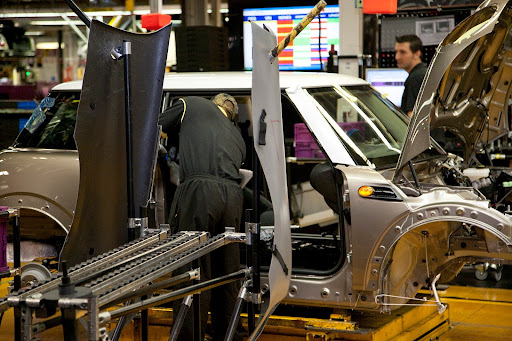Behind the deluge of warnings about jobs, investment, and fines lies an unspoken argument in the debate over the UK’s EV mandate: carmakers are seeking to protect the huge profits generated by their petrol and diesel car businesses for as long as possible.
While the lobbying documents are filled with complex economic reasoning, critics argue the core motivation is simple. The transition to EVs is capital-intensive and, at present, less profitable than selling traditional internal combustion engine (ICE) vehicles. A strict mandate forces a faster shift away from this established cash cow.
By successfully lobbying for “flexibilities,” manufacturers like Toyota, which has heavily invested in hybrids, and JLR, known for its large SUVs, have bought themselves more time. This allows them to continue selling their most profitable models in greater numbers, delaying the full financial pain of the electric transition.
Campaigners contend that the ZEV mandate’s purpose was precisely to counteract this commercial inertia. Ben Nelmes of New Automotive alluded to this, arguing the policy was a “powerful driver of change.” The government’s decision to ease the rules is seen by sceptics as a victory for protecting legacy profits over accelerating necessary change.

